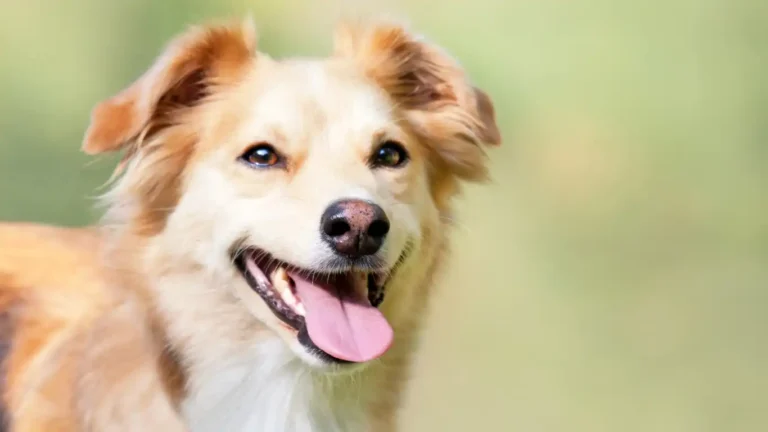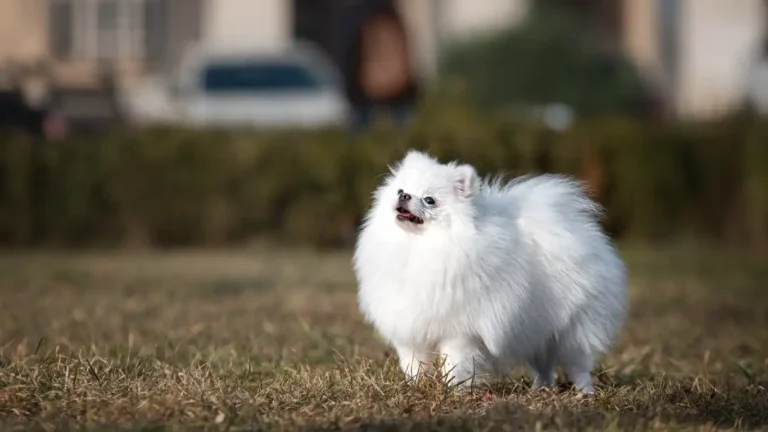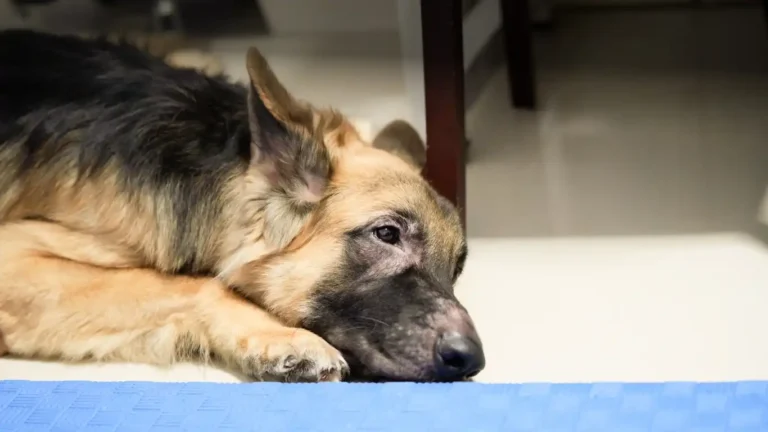Effective Ways to Keep a Dog’s Teeth Clean Without Brushing – Easy Tips for Healthy Smiles
As a Pet Nutritionist with years of hands-on experience in veterinary clinics, I’ve seen countless dogs come in for their routine check-ups, and one thing that consistently comes up is the question: “How can I keep my dog’s teeth clean without brushing?” As pet owners, we all know the importance of oral hygiene for our furry friends, but let’s face it – brushing a dog’s teeth isn’t always easy or even possible. Fortunately, there are several alternative ways to maintain your dog’s dental health and keep those teeth sparkling without ever needing a toothbrush. Let’s dive into the world of doggie dental care that doesn’t involve brushing, and discover the simple, effective methods that will keep your dog’s smile healthy and happy.
Why Oral Hygiene Matters for Your Dog
It’s not just about the looks – a dog’s oral health is crucial to their overall well-being. Dogs, like humans, can develop dental issues such as plaque, tartar, and even gum disease, which can lead to more serious health problems like infections or heart disease. Without regular care, bacteria in the mouth can enter the bloodstream and affect organs like the kidneys or liver. While brushing remains one of the most effective ways to fight off these issues, there are plenty of other options that can help keep your dog’s teeth in tip-top shape.
Dental Disease: The Silent Threat
Dental disease in dogs often starts with the buildup of plaque. When plaque hardens into tartar, it can cause inflammation in the gums, leading to gingivitis. This can progress to periodontal disease if left untreated. The signs are subtle at first – bad breath, slight gum redness, or yellowish teeth – but they can lead to serious problems down the road. If your dog is suffering from dental issues, they may not show it right away, which is why preventive measures are so important.
How to Keep a Dog’s Teeth Clean Without Brushing: Top Methods
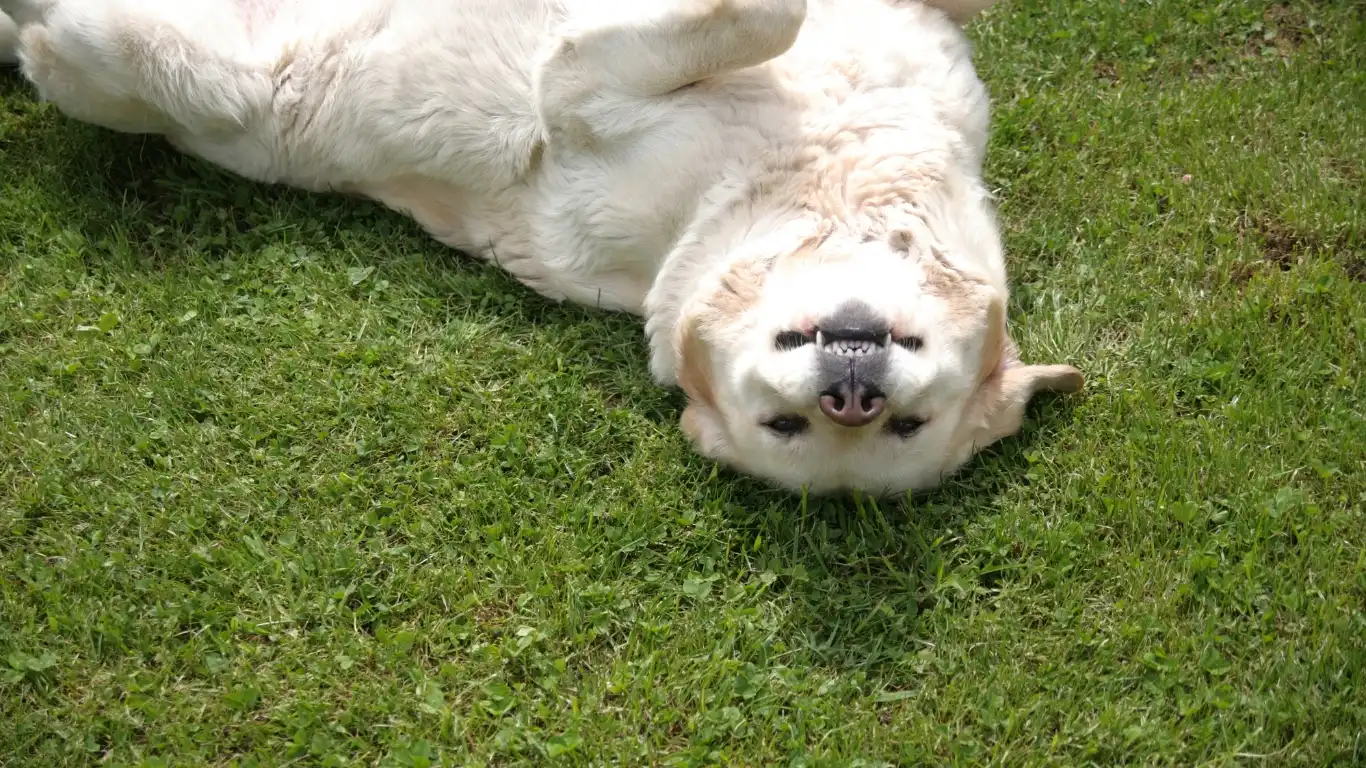
While brushing is the gold standard in pet oral care, there are plenty of other ways to keep your dog’s teeth clean. Here are some easy, low-stress options that can fit into any lifestyle.
1. Dental Chews and Treats
Dental chews are one of the easiest and most effective ways to help your dog maintain healthy teeth without the need for brushing. These treats are specially designed to reduce plaque and tartar buildup while satisfying your dog’s chewing instinct. Many of them are infused with ingredients like enzymes, which help break down the buildup of plaque. They come in a variety of shapes and flavors to keep your dog interested, and they’re often designed to fit the shape of your dog’s teeth, making them ideal for scrubbing away gunk as your dog chews.
Pro tip: Look for treats that are vet-approved and that meet the standards set by organizations like the Veterinary Oral Health Council (VOHC). These chews are designed to actually help prevent dental disease, not just taste good!
2. Chew Toys That Promote Dental Health
Just like dental chews, durable chew toys can work wonders when it comes to maintaining your dog’s dental hygiene. The act of chewing on hard materials can naturally scrape away plaque from their teeth, which helps prevent tartar buildup. Plus, they can keep your dog entertained for hours. Rubber toys, like those from popular brands such as KONG, are not only fun but can also be effective at cleaning your dog’s teeth. Some toys even have built-in grooves to massage the gums and clean the teeth as your dog chews.
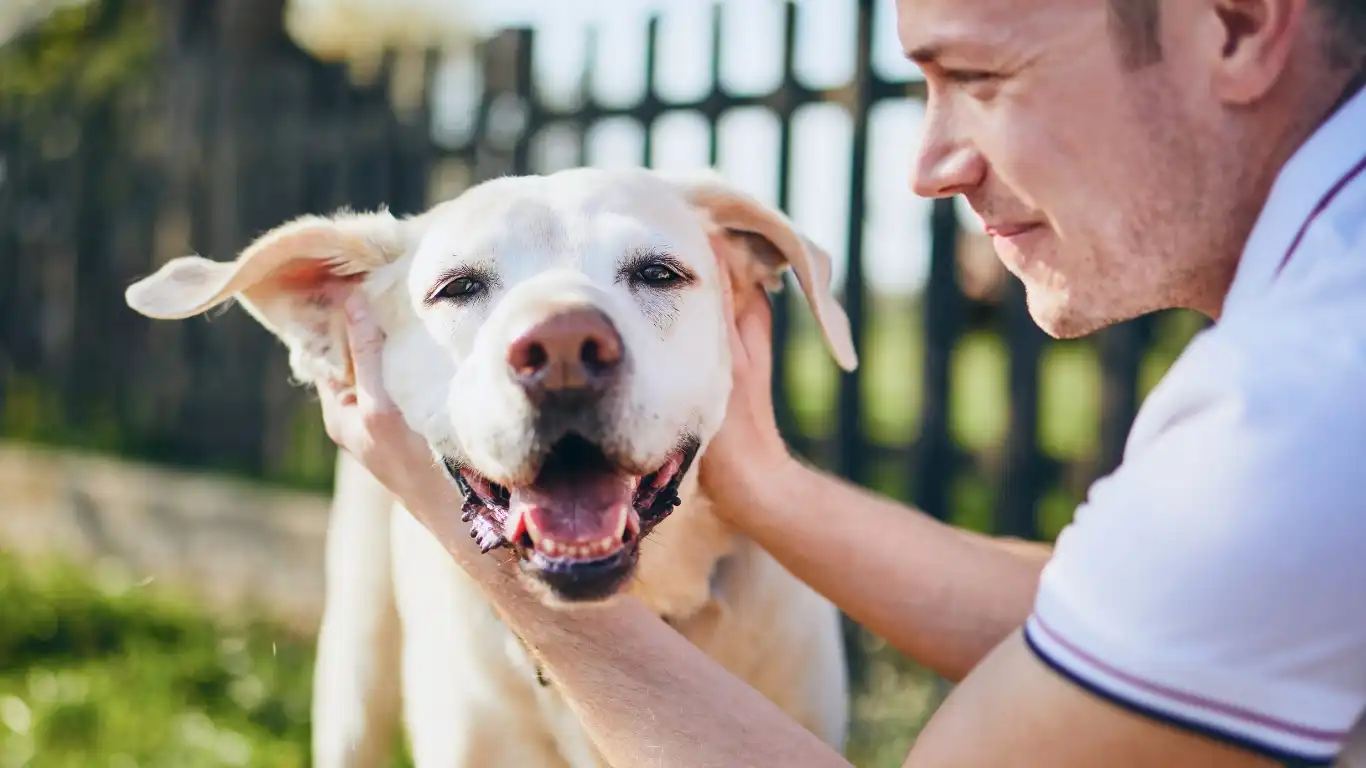
3. Raw Bones and Natural Chewing Options
If your dog has a strong jaw and loves to chew, raw bones can be an excellent option for keeping their teeth clean. Raw, meaty bones like those from beef or bison can help naturally scrape away plaque and tartar while satisfying your dog’s need to chew. These bones are often filled with nutrients, and the chewing action stimulates the production of saliva, which helps neutralize harmful bacteria in the mouth.
However, it’s important to choose the right bones and supervise your dog while they chew. Avoid cooked bones, as they can splinter and cause harm. Always choose bones that are appropriately sized for your dog and can’t be easily broken into small, swallowable pieces.
4. Dental Water Additives
If your dog isn’t keen on the idea of chewing, you might want to consider using a dental water additive. These additives are easy to use – you simply add them to your dog’s water bowl, and they work to reduce plaque, tartar, and bacteria that can lead to bad breath. Most dental water additives are flavored, so your dog won’t even notice the difference in their water, making it a hassle-free option for oral care.
Dental water additives typically contain ingredients like enzymes or antimicrobial agents that help fight plaque buildup and promote healthier gums. They’re a great alternative for dogs who are a little more sensitive to brushing or traditional dental care products.
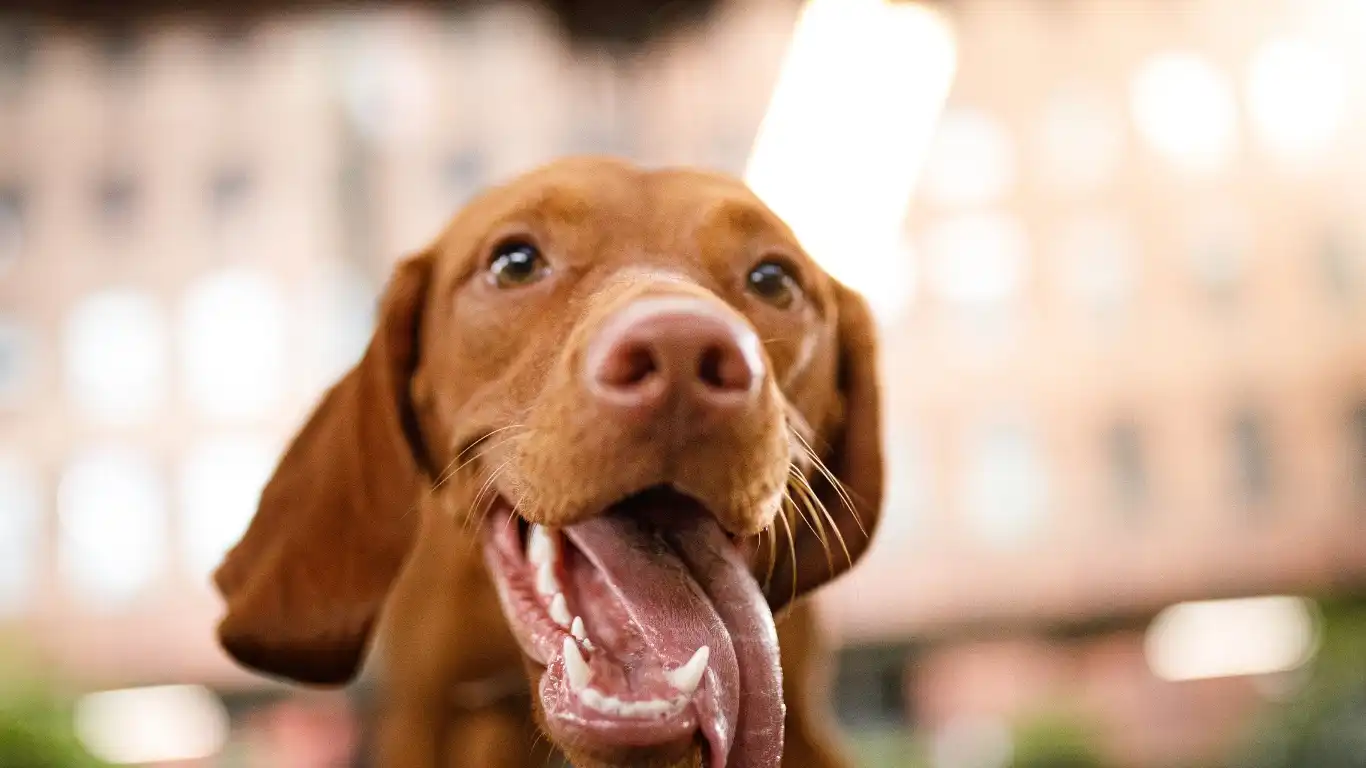
5. Regular Vet Check-Ups
Even if you’re taking excellent care of your dog’s teeth at home, regular check-ups with your vet are essential. A veterinarian can examine your dog’s mouth for signs of dental disease, such as excessive plaque, tartar, or gum inflammation. Early detection of oral problems allows for prompt treatment, preventing more serious issues from developing.
Tip: Ask your vet about professional dental cleanings, which may be needed on an annual or semi-annual basis depending on your dog’s age, breed, and overall health. Professional cleanings are a great way to ensure that any buildup below the gumline is addressed before it turns into a bigger issue.
Natural Foods That Help Maintain Your Dog’s Teeth
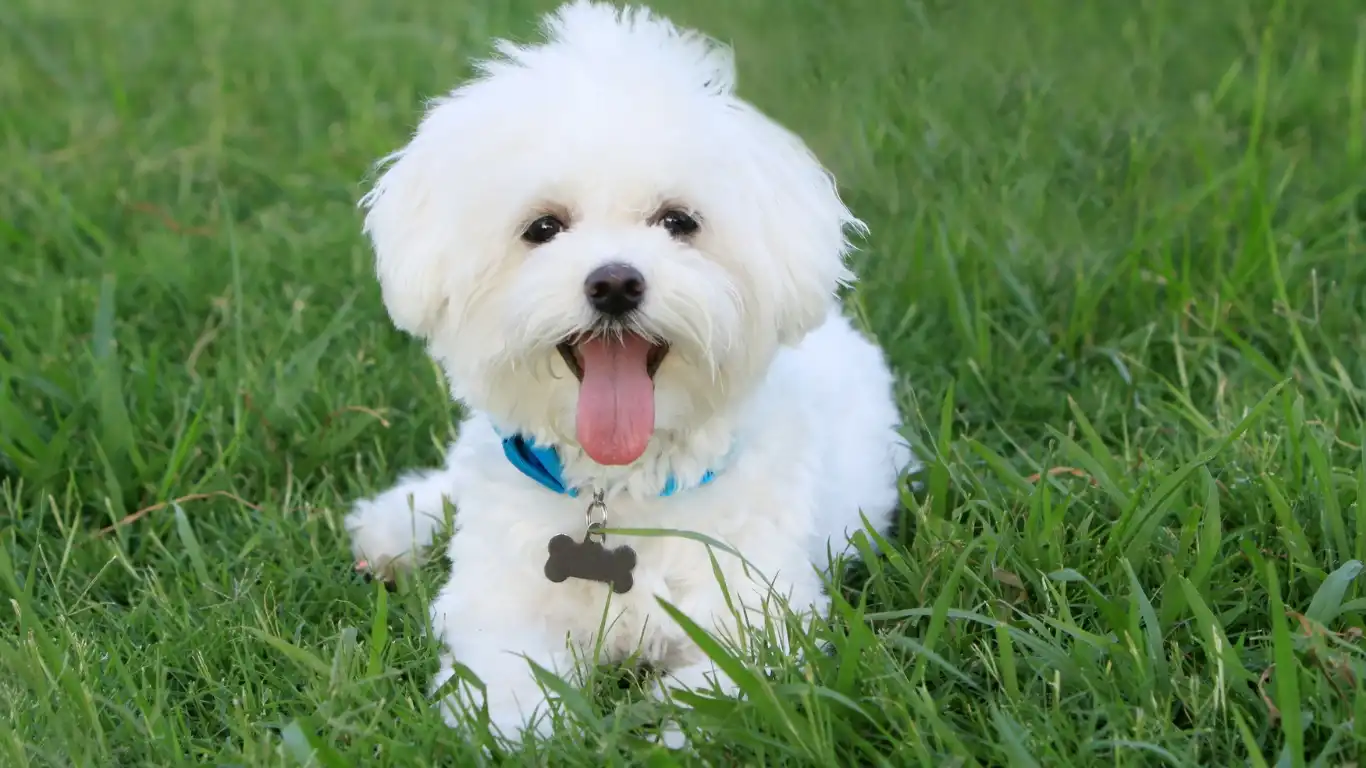
Another great way to help keep your dog’s teeth clean without brushing is by incorporating natural foods into their diet that promote good oral health. You may be surprised to learn that some of the foods you already feed your dog can have positive effects on their teeth. Certain types of food are naturally abrasive and can work to scrape away plaque as your dog eats. Plus, these foods are packed with nutrients that support overall health!
1. Carrots: Nature’s Toothbrush
Carrots are a simple, healthy snack that your dog will love, and they are excellent for dental health. Crunching on raw carrots can help remove plaque and prevent the buildup of tartar. The crunchy texture acts like a natural toothbrush, and the fibrous nature of carrots massages the gums while scraping the teeth clean. Plus, they’re a low-calorie snack that is rich in vitamins and minerals.
Pro tip: I recommend cutting carrots into long, chewable pieces to make it easy for your dog to munch on. Just be sure to monitor your dog while they chew to avoid any choking hazards, especially with smaller dogs.
2. Apples: Fresh and Clean
Apples are another great fruit for dog dental health. The natural crunchiness helps clean your dog’s teeth, and they are loaded with fiber, which helps with digestion. Additionally, apples contain antioxidants that help support your dog’s overall health. The best part? Dogs love the sweet taste of apples!
However, don’t forget to remove the seeds before offering your dog an apple, as they contain cyanide, which is toxic to dogs in large amounts. Stick with small, bite-sized pieces to make the treat easy to chew.
3. Sweet Potatoes: A Delicious and Healthy Treat
Sweet potatoes are another tasty, tooth-friendly option for dogs. While they’re not as crunchy as carrots or apples, sweet potatoes can be dehydrated into chewable strips or served as a soft, fibrous treat. This helps to naturally clean your dog’s teeth as they chew. Sweet potatoes are also rich in beta-carotene, which supports your dog’s immune system and overall health.
Herbal Remedies for Dog Oral Health
Sometimes, turning to nature can provide some surprising benefits when it comes to oral care. Herbal remedies have been used for centuries to promote health, and some herbs are particularly helpful in maintaining your dog’s oral hygiene.
1. Parsley: Freshens Breath and Reduces Bacteria
Parsley is more than just a garnish on your dog’s dinner plate – it’s an excellent herb for freshening breath and helping to control bacteria in the mouth. It contains natural compounds that can neutralize bad odors and even reduce bacteria that can lead to dental disease. Simply sprinkle a small amount of chopped fresh parsley into your dog’s food, or add it to their water for a natural breath freshener.
2. Mint: A Natural Breath Freshener
Mint is another herb that can work wonders for your dog’s dental health. Mint has antimicrobial properties that help fight bacteria and freshen your dog’s breath. You can try using fresh mint leaves by chopping them up and mixing them with your dog’s food or water. Just remember to introduce mint gradually into your dog’s diet to ensure they don’t have any adverse reactions.
3. Coconut Oil: Fights Bacteria and Reduces Plaque
Coconut oil has been gaining popularity for its many health benefits, and it can be incredibly beneficial for your dog’s teeth as well. Coconut oil contains lauric acid, which has natural antibacterial and antifungal properties. It can help reduce plaque buildup and fight harmful bacteria in your dog’s mouth.
You can add a small spoonful of coconut oil to your dog’s food, or if your dog tolerates it, rub a small amount on their gums for added benefits. However, be mindful of the amount – too much coconut oil can lead to digestive upset due to its high-fat content.
Regular Monitoring and Early Detection of Dental Issues

Just as with human dental care, early detection is key when it comes to keeping your dog’s teeth healthy. While regular brushing and dental chews can help prevent many issues, it’s still essential to monitor your dog’s mouth regularly for signs of trouble. Here are some signs that your dog may need professional dental care:
- Bad breath: While a little doggy breath is normal, persistent foul breath can indicate an underlying dental problem.
- Red or swollen gums: Healthy gums should be pink and firm. If you notice any redness or swelling, it may be a sign of gum disease.
- Yellow or brown teeth: Plaque buildup can lead to discolored teeth, which can eventually cause tartar buildup if not addressed.
- Excessive drooling or difficulty eating: If your dog is drooling more than usual or seems to have trouble eating, it could be due to oral pain or infection.
If you notice any of these signs, it’s important to schedule a check-up with your vet. Regular professional cleanings and exams can help detect and treat dental issues before they become major problems. In my experience, the earlier dental problems are caught, the easier and less expensive it is to treat them.
Dental Hygiene as Part of Overall Pet Care
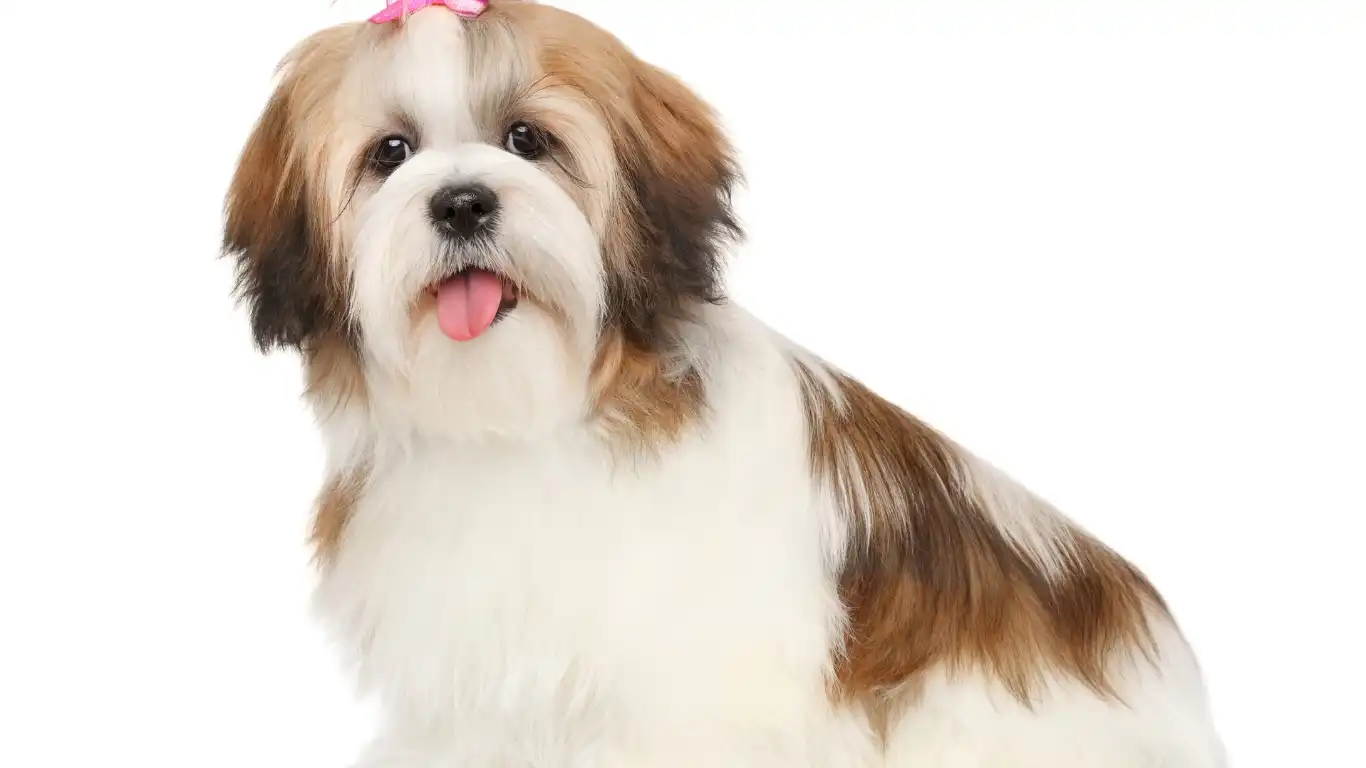
Ultimately, keeping your dog’s teeth clean without brushing is just one part of a bigger picture of overall health. Regular vet visits, a balanced diet, and a proactive approach to oral hygiene can make a huge difference in your dog’s quality of life. Just like we take care of our own teeth to avoid problems down the line, it’s essential to make dog dental care a part of your routine, too. As a pet care expert, I can tell you firsthand how much of an impact maintaining your dog’s oral health can have on their overall happiness and longevity. Keeping their teeth clean and their mouth fresh is a small effort that will pay off in the long run.
Preventive Care and Building a Routine for Dog Dental Health
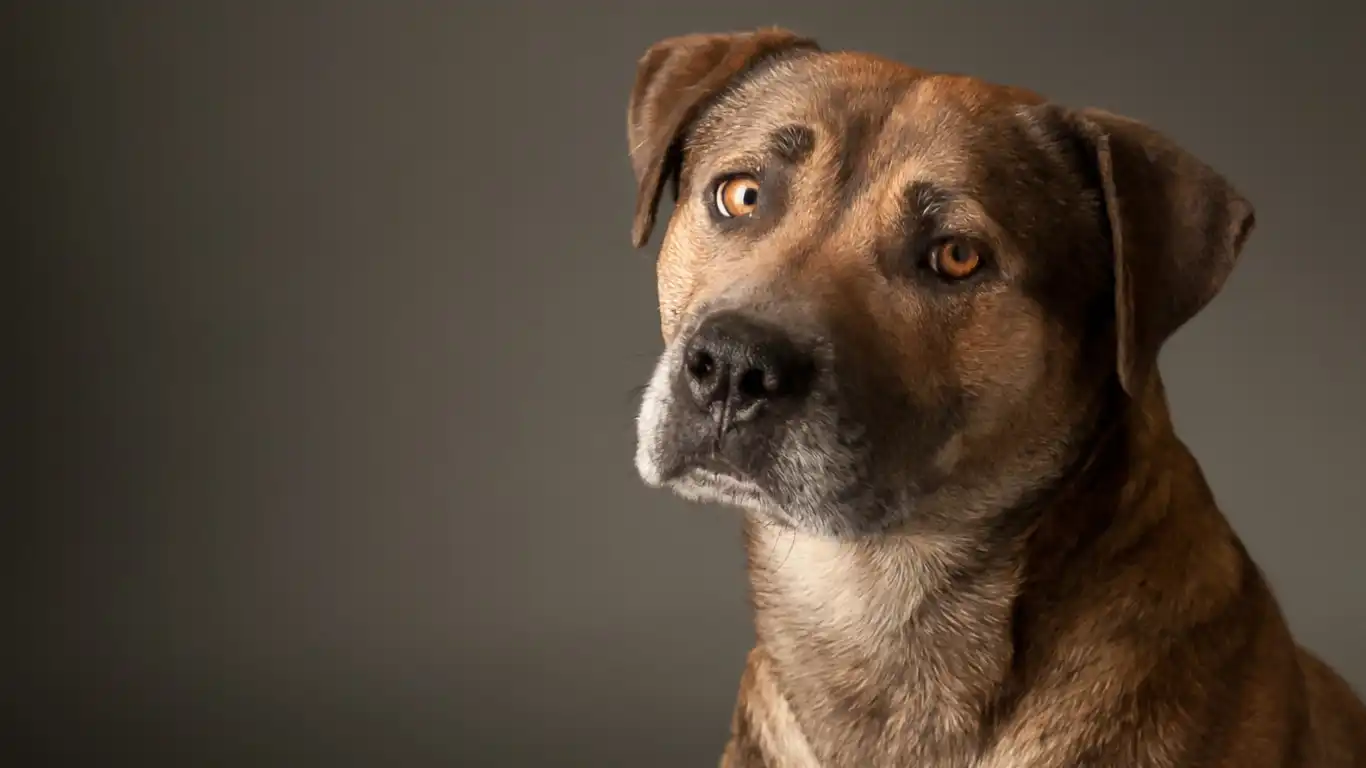
As we’ve already discussed, maintaining your dog’s dental health is essential for their overall well-being. But how do you make sure you’re on top of it? Just like with any aspect of pet care, consistency is key when it comes to dog dental hygiene. Incorporating dental care into your daily or weekly routine can help ensure that your dog’s teeth stay in great shape, even without brushing. Here’s how to do it:
1. Make Dental Care Part of Your Routine
One of the easiest ways to stay on track with your dog’s dental care is by making it a habit. Whether you’re offering a dental chew after dinner or adding a dental water additive to their water bowl every day, a little consistency goes a long way. My clients who stick to a routine often find that their dogs not only enjoy the process but actually look forward to it. It’s all about creating positive associations with dental care, so your dog doesn’t see it as a chore.
If your dog is new to some of these dental care techniques, it may take time for them to get used to the changes. For example, if you’re adding a dental water additive, try mixing it with their regular water and gradually increasing the amount until they’re used to it. Patience and consistency are your best friends here.
2. Keep Track of Dental Health Milestones
Just like we schedule regular check-ups with our doctors, it’s crucial to track your dog’s dental health over time. Keep an eye out for any signs of plaque buildup, gum inflammation, or changes in behavior like difficulty eating or excessive drooling. Early detection is so important, and the sooner you spot any potential problems, the easier they’ll be to address.
If you’re not sure where to start, you can keep a simple calendar to track your dog’s dental health. Note down when you administer dental chews or water additives, when you notice any changes in their mouth, and when their next vet appointment is due. This will help you stay organized and proactive when it comes to caring for their teeth.
Consider Professional Dental Cleanings
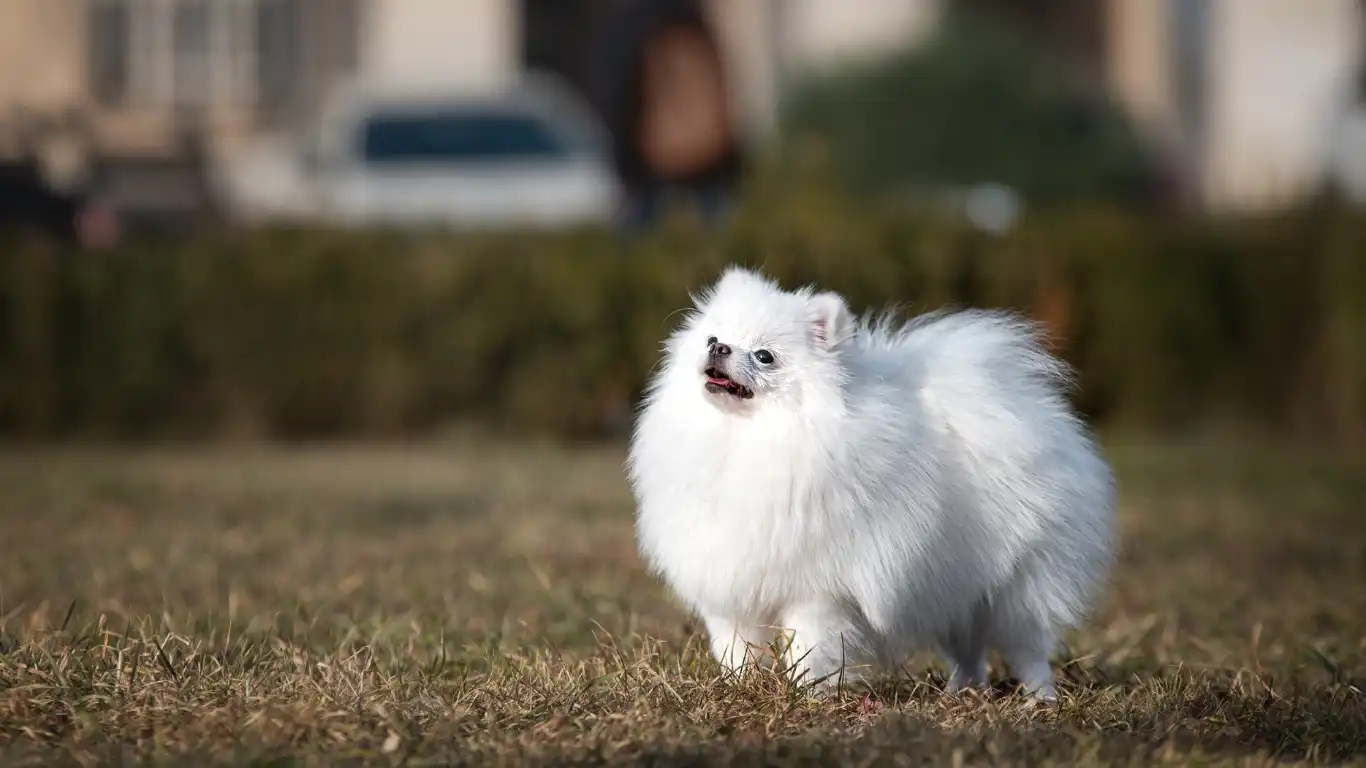
Even if you’ve been diligent about maintaining your dog’s dental care at home, there’s no substitute for professional cleanings. Most dogs will need a professional cleaning at least once a year, especially as they get older. During these cleanings, a veterinarian will thoroughly clean your dog’s teeth, remove tartar buildup, and inspect their gums for any signs of disease.
Professional cleanings are done under general anesthesia, which means your dog will be safely asleep during the procedure. This allows the vet to get a deep cleaning of your dog’s teeth, including below the gumline, where plaque and tartar can cause the most damage. While it may sound intimidating, professional dental cleanings are one of the most effective ways to ensure your dog’s teeth stay healthy and free from serious dental issues.
When Should You Consider a Cleaning?
If you’re not sure when your dog might need a cleaning, pay attention to the signs. If your dog’s breath becomes particularly foul, or if you notice yellow or brown tartar buildup on their teeth, it might be time for a cleaning. Additionally, if you notice your dog struggling to chew or showing signs of pain when eating, it’s crucial to schedule a check-up with your vet to determine if a cleaning is needed.
In my experience, regular professional cleanings are one of the best ways to ensure that dental issues are caught early. If dental disease is left untreated, it can lead to much more serious health problems, so don’t wait for a small issue to turn into something bigger.
Diet and Lifestyle Tips for Supporting Oral Health
While dental chews and water additives can be excellent tools for keeping your dog’s teeth clean, there are other lifestyle and dietary factors that can also contribute to better dental health. Here are a few tips to keep in mind as part of a well-rounded approach to oral hygiene:
1. Choose a High-Quality Dog Food
The food you feed your dog plays a big role in their overall health, and that includes their dental health. Opt for high-quality, balanced dog food that is rich in nutrients and has the right texture to support healthy teeth. Dry kibble can help reduce plaque buildup by providing an abrasive texture that naturally scrapes away food particles and plaque as your dog eats. Be sure to choose food that’s appropriate for your dog’s size, age, and breed to give them the best chance at a healthy mouth.
2. Hydration is Key
Just like humans, dogs need plenty of water to maintain good health. Hydration is essential for producing saliva, which helps neutralize acids and wash away food particles and bacteria in the mouth. Make sure your dog always has access to fresh, clean water, especially if they’re eating dry food, as this helps support their overall dental hygiene.
3. Consider Supplements for Oral Health
In addition to their regular diet, some supplements can help support your dog’s dental health. Certain chews, treats, or powders are specifically formulated to support healthy teeth and gums. Some of these products contain ingredients like probiotics or enzymes that can help break down plaque and support healthy oral bacteria. Always consult with your vet before adding new supplements to your dog’s routine to ensure they’re safe and beneficial.
References
For more information about dog dental health, check out these resources:
- PawPatron – Dog Care Resources
- American Kennel Club – Dog Dental Health
- American Veterinary Medical Association – Pet Oral Health
These websites offer expert advice and further reading on how to care for your dog’s teeth and keep them healthy for years to come. I always recommend checking reliable sources and consulting with your vet if you have any questions or concerns about your dog’s oral care.
Disclaimer
The information provided in this article is based on my personal experience as a Pet Nutritionist and pet care expert. It is not intended as a substitute for professional veterinary advice. Always consult with your veterinarian before making any changes to your pet’s diet or health routine. Your vet is the best resource for personalized advice and recommendations for your dog’s unique needs.


